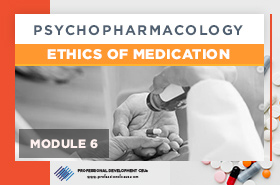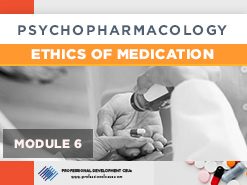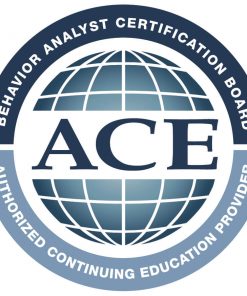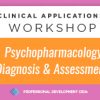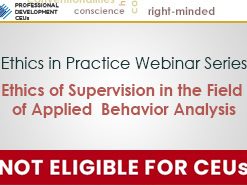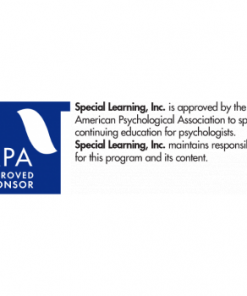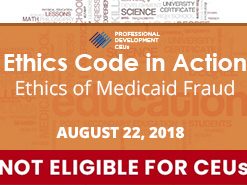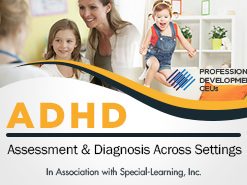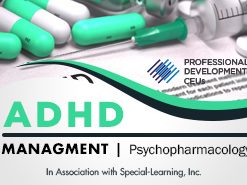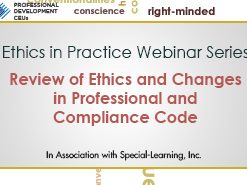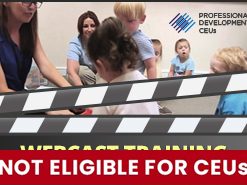Psychopharmacology Webinar Series Module 6: Ethics of Medication (Recorded)
$79.00
In our webinar on Psychopharmacology and the Ethics of Medication, we focused on the ethical dilemmas facing families and providers when considering psychotropic medications for children. We reviewed the four ethical principles, including respect for autonomy, beneficence, non-maleficence, and justice, and how these principles apply to using psychotropic medications with children.
LEVEL: Intermediate
Continuing Education Eligibility (Included):
2 BACB Learning
2 QABA General (In-person)
2 APA General (Home Study)
Today, 8.5 % of children in the United States are taking psychotropic medications, with an increasing number of children prescribed medications each year. Very few psychotropic medications are approved to give to children by the Federal Drug Administration, with many providers using medications “off label”. Further, research has shown that as many as 50% of children living in foster care may be prescribed medications when behavioral approaches are shown to be more effective, prescribed numerous medications without documentation of rationale, and/or are prescribed medications with poor monitoring or evaluation.
In our webinar on Psychopharmacology and the Ethics of Medication, we focused on the ethical dilemmas facing families and providers when considering psychotropic medications for children. We reviewed the four ethical principles, including respect for autonomy, beneficence, non-maleficence, and justice, and how these principles apply to using psychotropic medications with children.
Presenter: Ronald T. Brown, Ph.D., ABPP and Deborah P. Coehlo, Ph.D., C-PNP, PMHS, CFLE
Panelist: Manya Ralkowski, EdS, BCBA, LBA, IBA
Learning Objectives:
1. Review the reasons for more children being prescribed psychotropic medications in the US, including increased diagnosis of treatable conditions, increased access to safe medications, and increased trauma-related disorders in children.
2. Explore and discuss the four ethical principles and how they apply to prescribe psychotropic medications in children.
3. Evaluate societal and cultural factors that may influence whether medications are used to treat mental health disorders in children.
4. Analyze concerns regarding the use of psychotropic medications in children, including over-prescribing, failure to consider behavioral approaches when indicated, polypharmacy, and inappropriate use of “off-label” medications.
5. Apply knowledge to specific case studies including assessment, diagnosis, treatment, and evaluation of outcomes.
6. Examine approaches used to discuss ethical principles related to prescribing medications with parents of children with mental health disorders.
Each purchase corresponds to 1 user license/access. Only the user assigned to a subscription will be able to participate in the lives, receive the recorded version and obtain CEUs from the webinars.
Access to the recorded version is valid for 1 month.
QABA Approved CE Provider
MANDATORY DISCLAIMER: The Behavior Analyst Certification Board (“BACB”) does not sponsor, approve or endorse Special Learning, the materials, information, or sessions identified herein.
For cancellations and refunds, please see our policy HERE.
Related products
Webinars
Webinars

